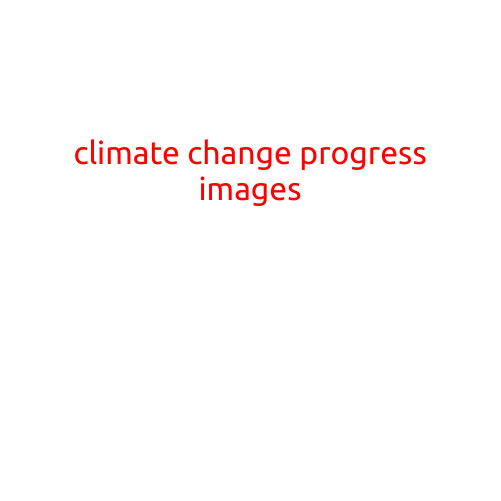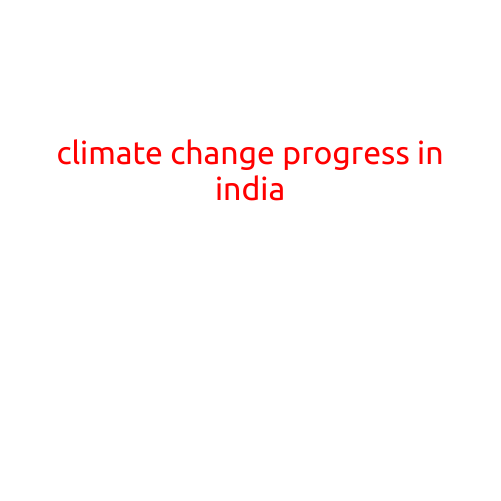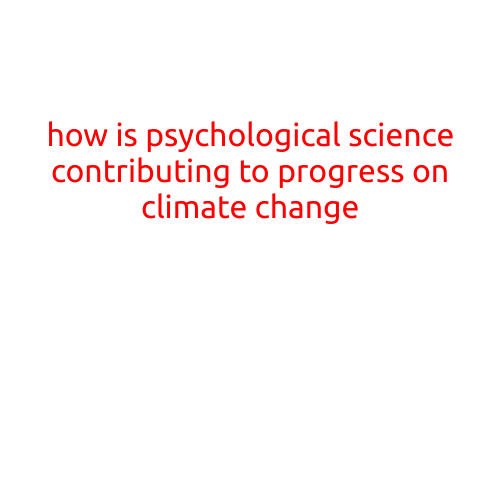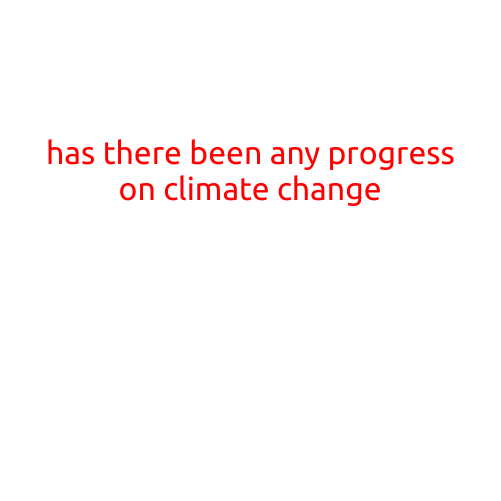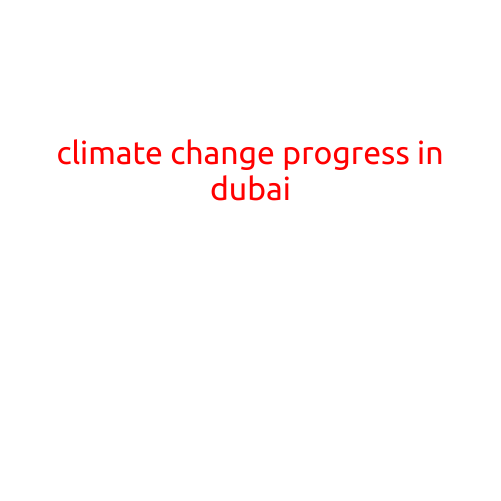
Climate Change Progress in Dubai: A Shining Example for the World
Dubai, known for its opulent architecture and luxurious lifestyle, has made significant strides in addressing the pressing issue of climate change. As the Arab world’s tourism and business hub, the city’s carbon footprint was once touted as a major concern. However, in recent years, Dubai has demonstrated a remarkable commitment to sustainability, setting an exemplary model for other cities to follow.
History of Climate Action in Dubai
In 2008, Dubai launched the Dubai Climate Change Initiative, a comprehensive plan to reduce greenhouse gas emissions by 16% by 2020. This ambitious goal was a bold move, considering the city’s rapid urbanization and economic growth. The initiative aimed to reduce energy consumption, increase the use of renewable energy, and enhance sustainability in urban planning.
Progress Made
Fast forward to today, and Dubai has made immense progress in its climate change mitigation efforts. Some notable achievements include:
- Renewable Energy: Dubai aims to generate 75% of its electricity from clean energy sources by 2050. The city has already made significant headway, with solar power contributing 9% of its energy mix.
- Energy Efficiency: Dubai has implemented various energy-efficient measures, such as retrofitting buildings with LED lighting and optimizing air conditioning systems. This has led to a 22% reduction in energy consumption since 2010.
- Waste Management: The city has implemented a waste management system that recovers 55% of its waste, reducing the amount sent to landfills.
- Green Spaces: Dubai has expanded its green spaces, increasing tree coverage by 15% since 2010. This not only improves air quality but also provides habitats for local wildlife.
- Transportation: The city has introduced electric and hybrid buses, reducing emissions by 30%.
Innovative Initiatives
Dubai’s commitment to sustainability extends beyond policy and infrastructure developments. The city has also launched innovative initiatives to engage residents and visitors in climate action:
- Smart City: Dubai’s Smart City initiative utilizes technology to optimize energy consumption, reduce waste, and enhance transportation systems.
- Dubai Carbon Abatement Strategy: This program incentivizes businesses and individuals to reduce their carbon footprint through a carbon credit trading system.
- Climate Change Education: Dubai’s education system places a strong emphasis on environmental awareness, with schools incorporating climate change into their curricula.
Challenges and Future Plans
Despite its significant progress, Dubai still faces challenges in its climate change mitigation journey. The city aims to address these challenges by:
- Increasing Renewable Energy Generation: Dubai plans to expand its solar and wind power capacities to meet increasing demand.
- Improving Energy Efficiency: The city will continue to implement energy-efficient measures, with a focus on industrial and commercial sectors.
- Enhancing Green Spaces: Dubai aims to expand its green spaces by 20% by 2025, incorporating green roofs and walls in new constructions.
Conclusion
Dubai’s commitment to addressing climate change is a testament to its dedication to becoming a sustainable and resilient city. As the world grapples with the challenges of climate change, Dubai’s progress serves as a beacon of hope, demonstrating that even the most unlikely cities can make significant strides in reducing their environmental impact. With its innovative approach and ambitious plans, Dubai is well on its way to becoming a model for climate change mitigation and sustainable development worldwide.
